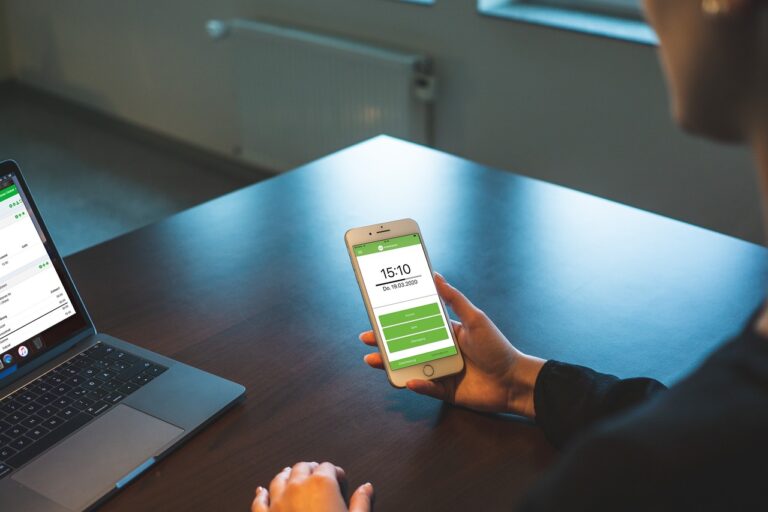The Role of Peer Feedback in Improving Student Performance
Constructive criticism plays a vital role in personal and professional growth. It provides individuals with valuable insights into their strengths and areas for improvement. Rather than focusing solely on faults, constructive criticism offers constructive feedback that helps individuals enhance their performance.
Receiving constructive criticism fosters a culture of continuous learning and development. It encourages individuals to reflect on their actions and behavior, promoting self-awareness and accountability. By embracing feedback as a tool for growth, individuals can strive for excellence and strive to reach their full potential.
Benefits of Peer-to-Peer Evaluation
Peer-to-peer evaluation provides individuals with a valuable opportunity to receive feedback from their peers in a constructive and supportive environment. This direct interaction fosters a sense of collaboration and shared learning, as individuals can gain insights into their own strengths and weaknesses through the perspectives of others. By engaging in this reciprocal feedback process, participants can develop a deeper understanding of their own work while also honing their ability to offer constructive criticism to their peers.
Moreover, the peer-to-peer evaluation process helps to cultivate a culture of continuous improvement within a group or organization. Encouraging individuals to provide feedback to their peers not only enhances their own critical thinking and analytical skills but also contributes to the growth and development of the entire team. This feedback loop facilitates a cycle of learning and adaptation, where individuals can reflect on the feedback they receive, make targeted improvements, and ultimately elevate the quality of their work through ongoing self-assessment and peer evaluation.
• Peer-to-peer evaluation provides individuals with valuable feedback in a supportive environment
• Direct interaction fosters collaboration and shared learning
• Gain insights into own strengths and weaknesses through perspectives of others
• Develop deeper understanding of own work and ability to offer constructive criticism
• Cultivates a culture of continuous improvement within a group or organization
• Enhances critical thinking and analytical skills of individuals
• Contributes to growth and development of the entire team
• Facilitates cycle of learning, reflection, targeted improvements, and elevated quality of work
Enhancing Critical Thinking Skills Through Feedback
Constructive criticism plays a crucial role in developing critical thinking skills. Feedback from peers and instructors can provide valuable insights into one’s thought processes and decision-making. By receiving input on their work, individuals are pushed to analyze, evaluate, and improve their arguments and ideas. This process of reflection and refinement fosters a deeper understanding of the subject matter and encourages individuals to think more critically.
Peer-to-peer evaluation further enhances critical thinking skills by promoting collaboration and diverse perspectives. When individuals receive feedback from their peers, they are exposed to different viewpoints and approaches to problem-solving. This exposure challenges them to consider alternative solutions and think outside their own perspectives. By engaging in constructive discussions and debates, individuals can expand their critical thinking skills and develop a more nuanced understanding of complex issues.
How can constructive criticism improve critical thinking skills?
Constructive criticism provides individuals with valuable feedback on their thoughts and ideas, allowing them to reflect on their reasoning and consider alternative perspectives. This process can help enhance critical thinking skills by encouraging individuals to evaluate and analyze their own thinking more deeply.
What are some examples of peer-to-peer evaluation in enhancing critical thinking skills?
Peer-to-peer evaluation involves students providing feedback to one another on their work or ideas. This can be done through activities such as peer reviews, group discussions, or collaborative projects. By engaging in peer-to-peer evaluation, students can receive different viewpoints and insights that can help them develop their critical thinking skills.
How does feedback play a role in enhancing critical thinking skills?
Feedback plays a crucial role in enhancing critical thinking skills by providing individuals with guidance on their reasoning, analysis, and problem-solving abilities. By receiving feedback on their work, individuals can identify areas for improvement and learn how to think more critically about various topics and issues.







